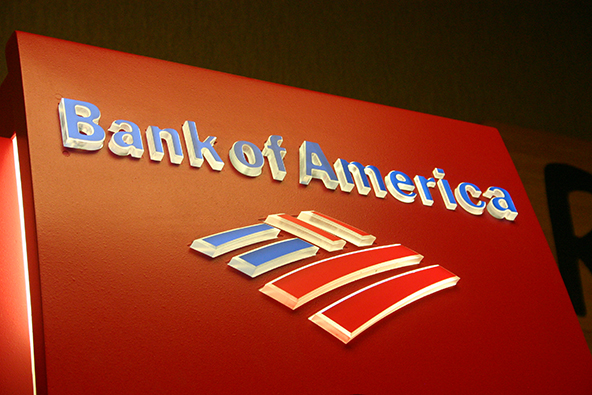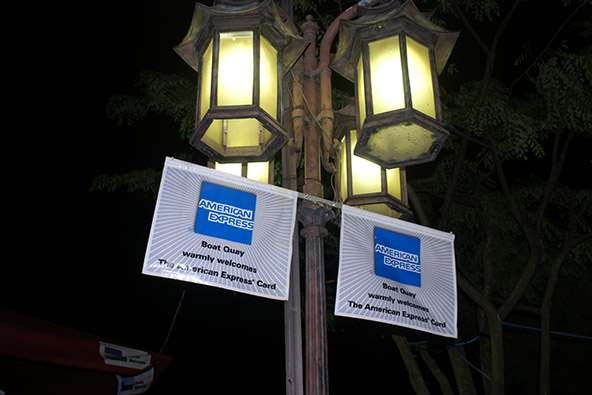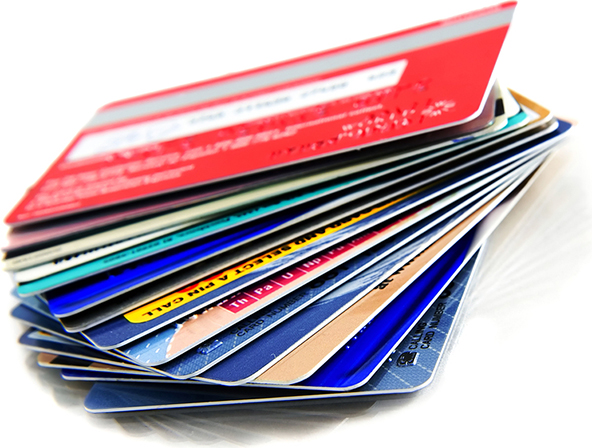On BofA’s Joke and Square’s ‘Nifty Software’

Bank of America has just joined the Square-killing crowd, we learn this morning. At first I just couldn’t believe the news headlines, but sure enough, the bank’s website did provide a confirmation that this wasn’t a joke. But wasn’t it? Mobile Pay on Demand, as BofA’s Square clone is called, looks every bit the underdeveloped, uncool and secretive copycat you would’ve expected a big bank to produce. In the process, BofA manages to get its name wrong and then tells us that the misnamed entity is actually not a bank. A friend of mine is fond of saying that bankers (he’s talking about the retail variety) are the worst salesmen in existence and BofA has certainly provided plenty of support for his assertion.
Meanwhile, Square is keeping itself in the news via a nice write-up courtesy of Reuters’ Gerry Shih. In it, the author talks about things like a “subtle shift in Square’s business focus, from card readers to nifty software”, while quoting the processor’s COO making statements like “[o]ur path is to have every single business in the U.S. use Square”. All in all, it makes for fun reading and everyone involved gets what they want. By the way, that includes the reader who learns, in case there was anyone still wondering, that the Square guys are not fooling around and are playing for keeps.
BofA’s Joke
OK, now let’s take a look at Banc of America’s Mobile Pay service. No, I did not misspell the service provider’s name. Mobile Pay is indeed provided by “Bank of America, N.A. and its representative Banc of America Merchant Services, LLC” and the latter is “not a bank, does not offer bank deposits, and its services are not guaranteed or insured by the FDIC or any other governmental agency”. Talking about a sales pitch! Of course, none of that prevents BofA from proudly displaying the following headline smack in the middle of the page:
Get paid on the go with confidence. Bank on it.
Shouldn’t it be “Banc on it”? But let’s move on to the processing rates. Similarly to PayPal Here, BofA offers a 2.7-percent rate for swiped transactions, slightly lower than Square’s 2.75-percent rate. However, BofA’s rate only applies to Visa, MasterCard and Discover transactions. American Express’ rates would be “competitive”, we are promised. The reason AmEx is excluded is, of course, that its cards are the most expensive ones to process and BofA doesn’t want to lose money on any of its merchants’ transactions, which it would if it applied the 2.7-percent rate to all cards. Square, in contrast, is happy to take that hit, if it means making the sales process a more straightforward one.
Even more damaging to Mobile Pay’s prospects is the fact that the terms and conditions of the service are conspicuous with their absence. In Square’s case the T&C sheet may be a distressingly log one, but it is nonetheless present on the processor’s website for everyone to review. To make things worse, BofA’s Mobile Pay repeatedly directs us to a “merchant agreement and statement” for more information, but provides no link to it. To say that these guys need help would be an understatement of some magnitude!
Meanwhile, Square
Even as BofA is providing us with a case study of how not to sell mobile payments services, Square is showing us how it is done. Keith Rabois, the processor’s COO, makes a string of outrageously implausible statements in his Reuters interview, but does it with a straight face and achieves the objective of keeping the buzz around his company alive. Having “every single business in the U.S. use Square… won’t happen tomorrow”, he concedes, “but it will happen”.
Rabois is even more brazen when responding to a claim that his company’s fees are not competitive with large retailers, telling Reuters’ Shih that
I don’t think our rates are actually higher; our rates are more transparent.
Anyone who knows anything about credit card processing will tell you that no large retailer will ever sign up for a 2.75-percent swiped rate, it will simply not happen. And of course Rabois knows that, and Shih knows that, too. After all, when announcing the Starbucks deal, Square CEO Jack Dorsey admitted that Starbucks was given preferential treatment on pricing. Dorsey didn’t elaborate, but did tell Shih in another Reuters interview that
Obviously as you scale up, you do see reductions in cost and Starbucks is a very significant scale compared to a lot of other merchants in the world.
But of course Rabois wouldn’t let the facts get in the way of a good sales pitch.
The Takeaway
I don’t blame Rabois for being less than precise in his statements – his company has made all information about its service offering readily available, so that people can make well-informed choices. And anyway, did anyone ever blame Steve Jobs for all the hype he was stirring around products that people could buy elsewhere and for much less? In each case the product itself is good and works as promised; the rest is marketing.
BofA’s Mobile Pay on Demand, on the other hand, is an object lesson in how not to do a mobile payments start-up. Even if we left everything I already said about it aside, just one short visit to the service’s website would tell you all you need to know about it. It looks as if it were designed a decade ago and on a shoe-string budget. Not exactly awe-inspiring.
Image credit: Wikipedia.



Mobile payments is slowly but surely becoming a way of the future. More and more Americans are becoming busy with everyday life so taking payments via a home computer or even a laptop can be an inconvenience. More people nowadays are swiping a credit or debit card rather than paying with cash or a check. Amazing how much technology is changing.